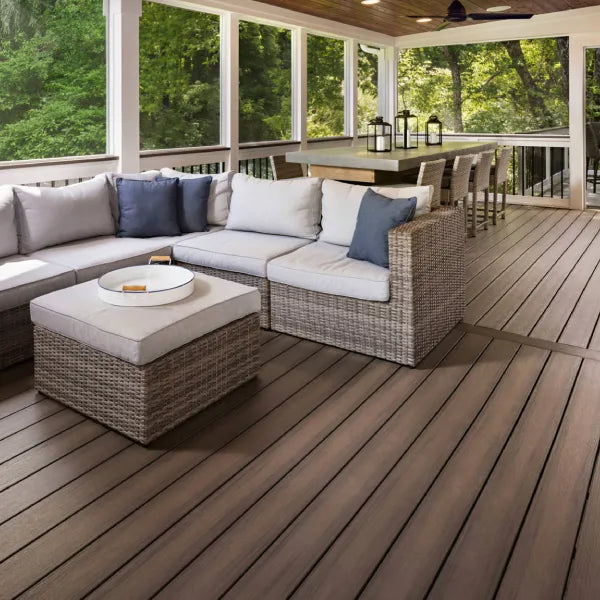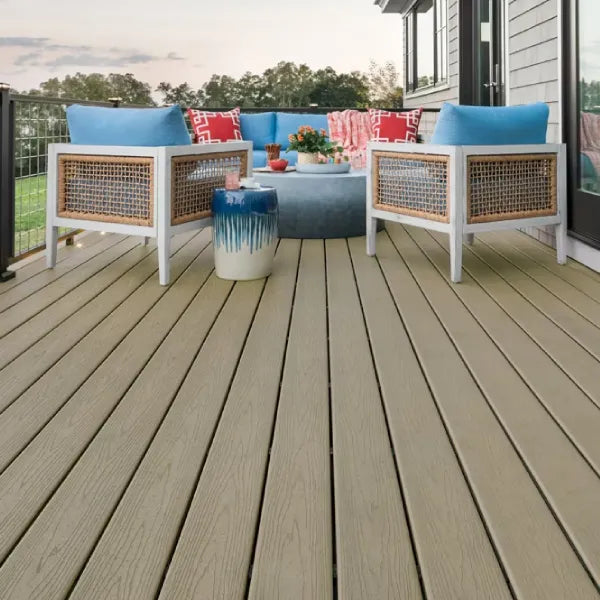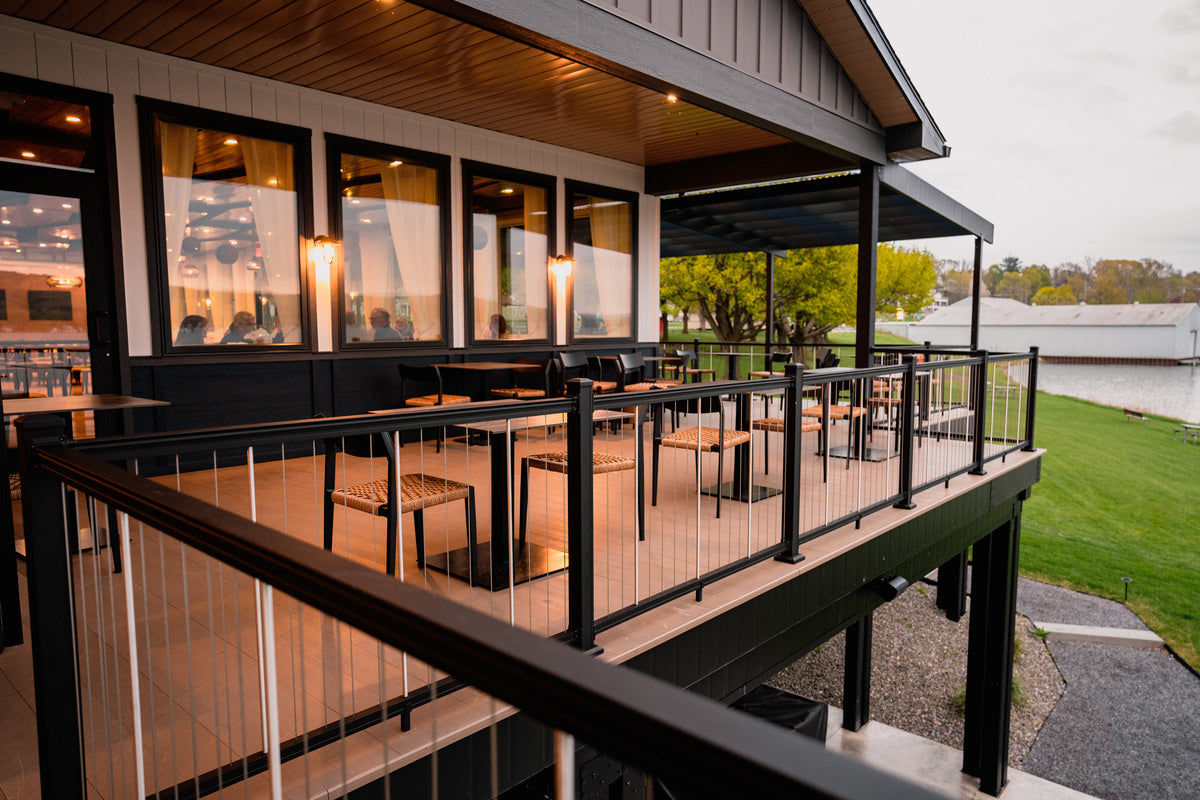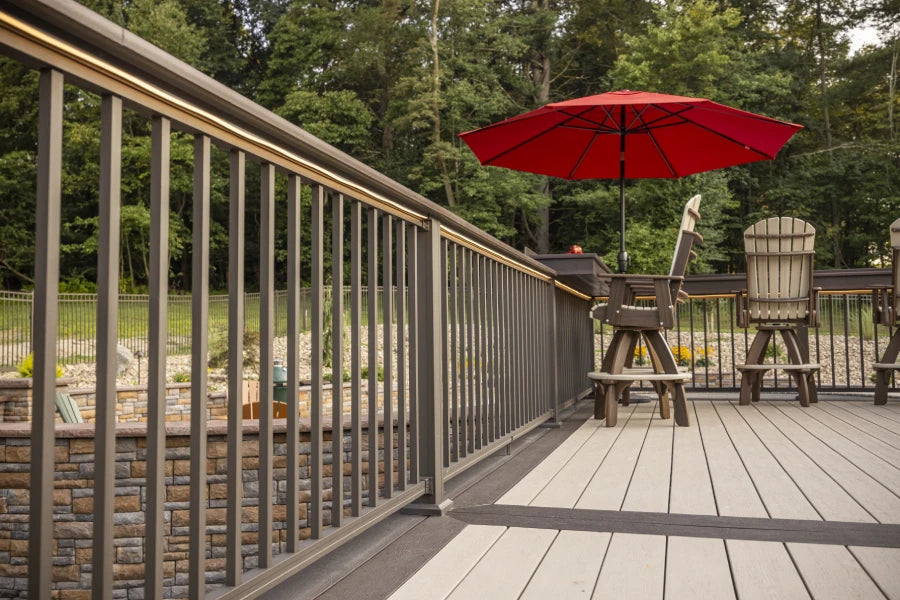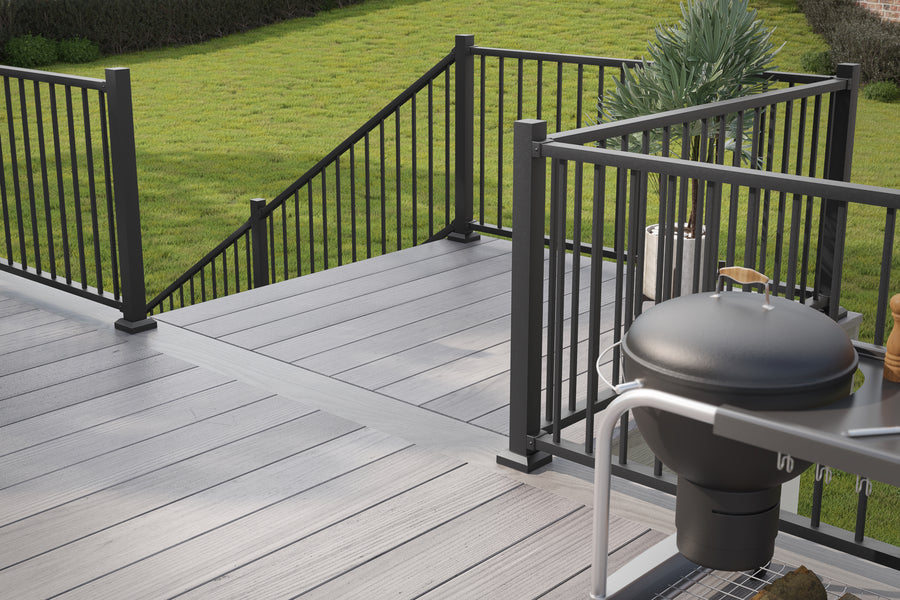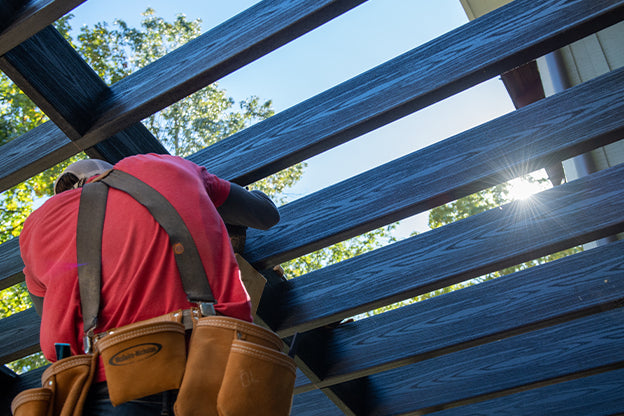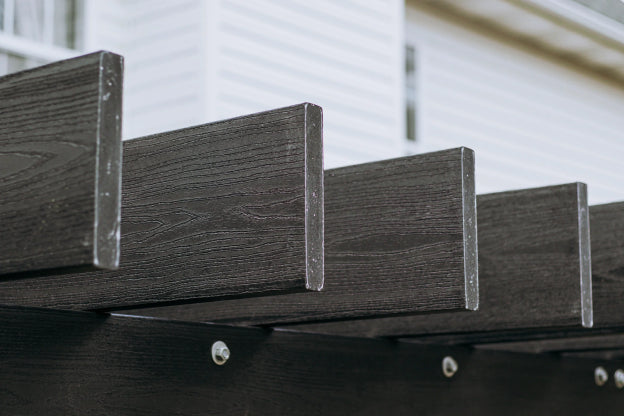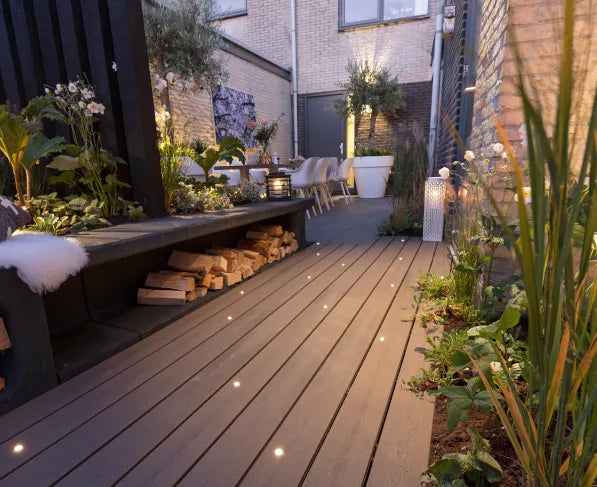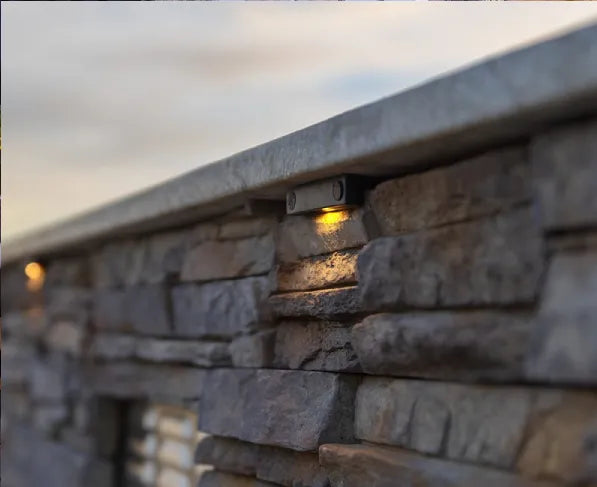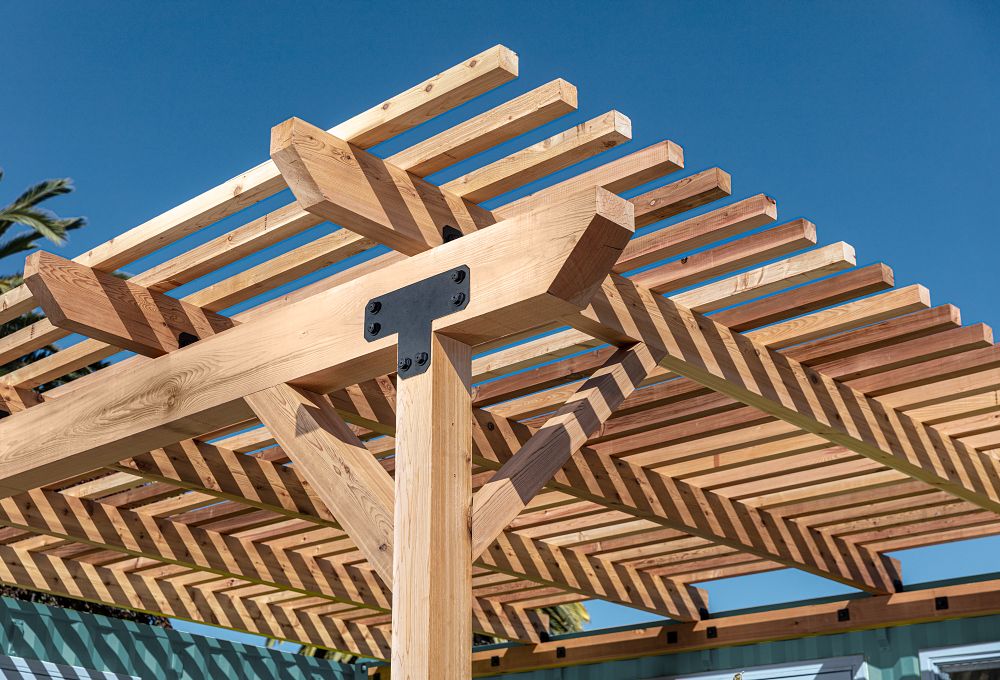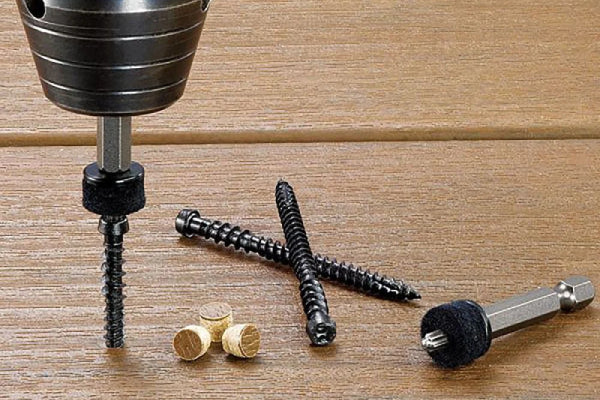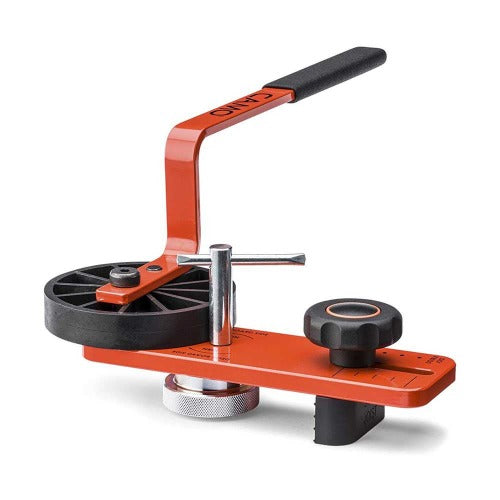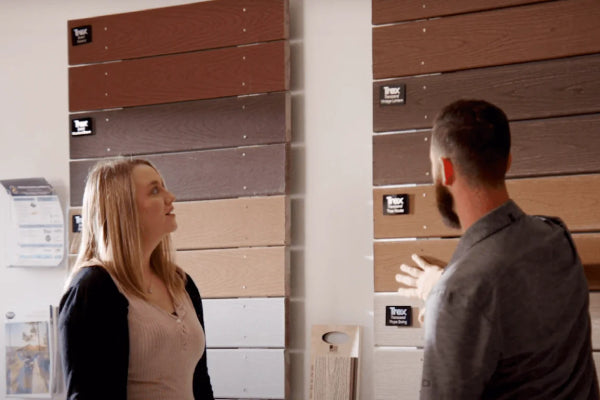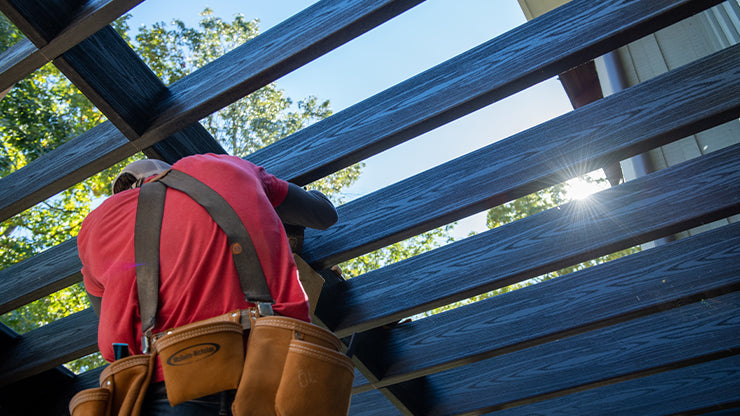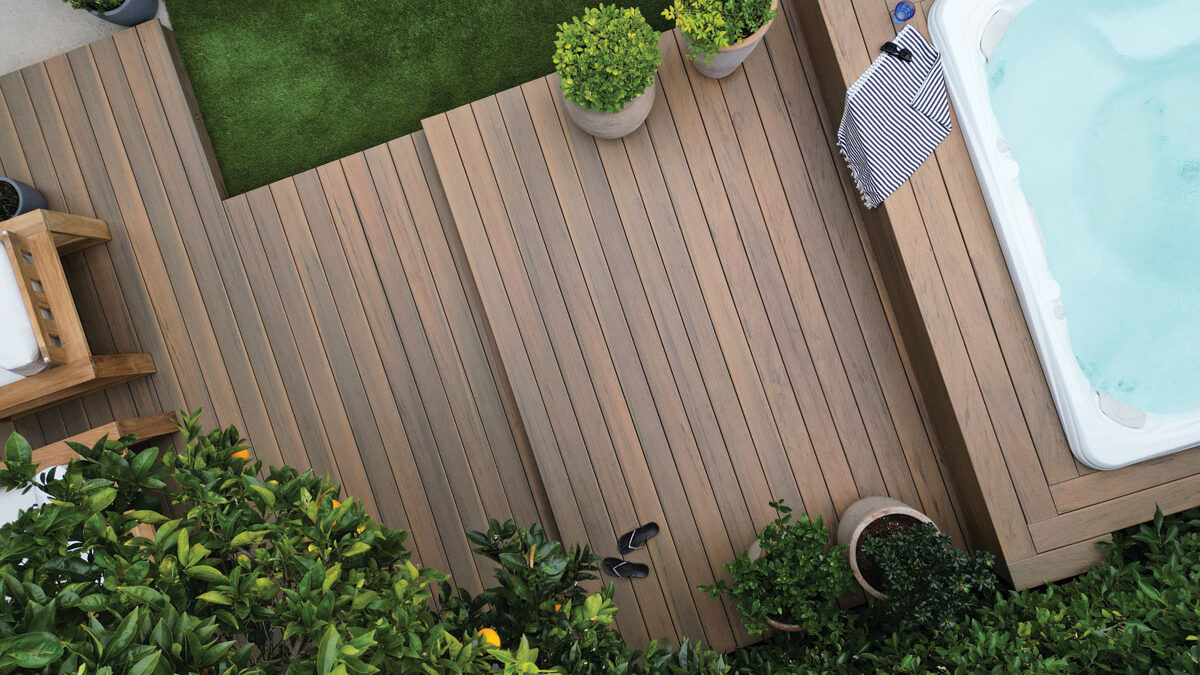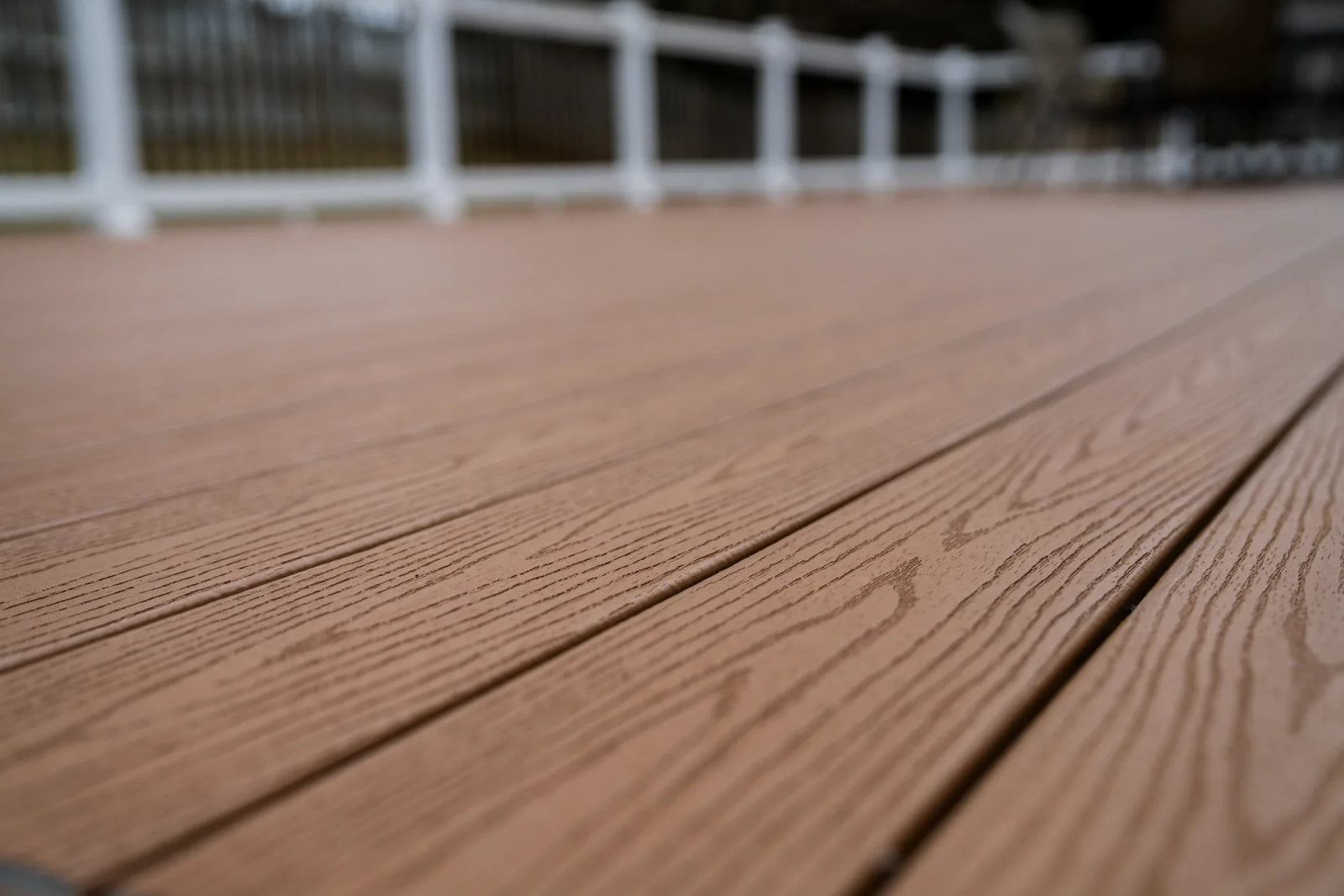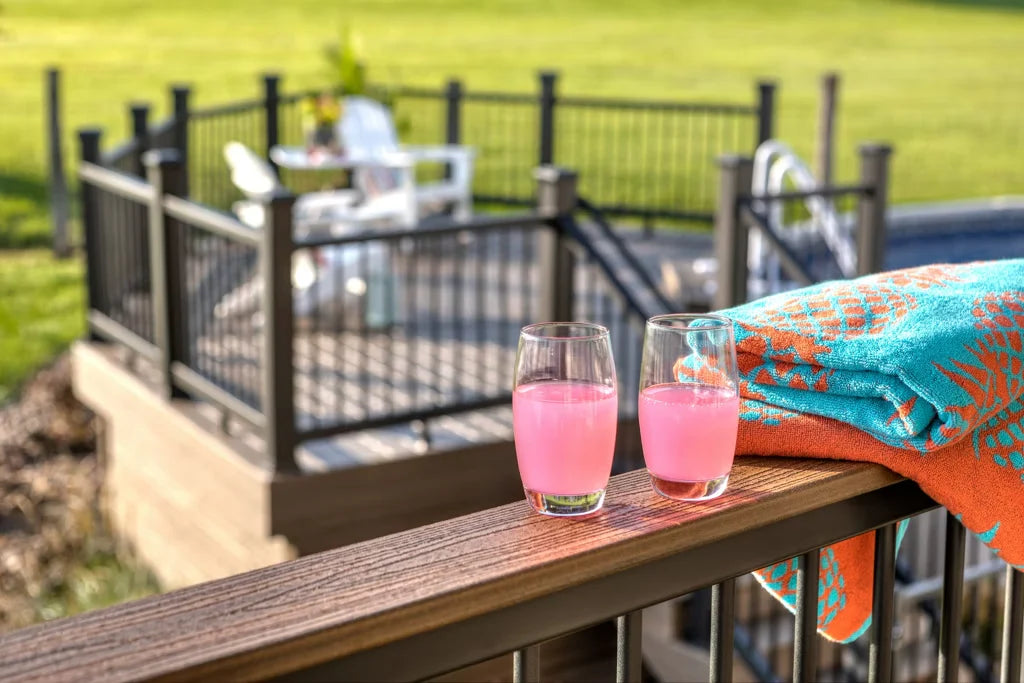Alternative Framing Lumber
The construction industry is experiencing a period of rapid change driven by evolving demands, environmental concerns, and shifting customer preferences. In response, alternative framing lumber has emerged as an innovative solution that addresses these challenges head-on. Alternative to lumber framing offers distinct advantages that outperform traditional framing lumber in terms of durability, sustainability, and construction efficiency.
The Downsides of Traditional Wood Framing Lumber
While wood has served us well for centuries, its limitations are becoming increasingly apparent. Here are some of the key drawbacks:
Moisture Susceptibility: Traditional wood framing is susceptible to moisture damage, particularly in humid environments. This can lead to rot, mold growth, and structural weakening.
-
Insect Infestation: Termites and other wood-boring insects can cause significant damage to wood framing, compromising the integrity of structures.
Dimensional Instability: Wood material can shrink and swell due to changes in temperature and humidity, leading to structural issues and potential damage to finishes.
Deforestation Concerns: Traditional wood framing relies heavily on trees that haven't been replanted yet, leading to deforestation.
Limited Strength and Spans: Many traditional wood products have limitations in strength and span capabilities, restricting design possibilities and requiring additional support structures in some cases.
Fluctuating Prices: The price of lumber can fluctuate significantly, impacting project budgets and cost predictability. Lumber prices can vary widely, making it harder to manage construction costs.
As the demand for sustainable building practices grows, wood alternatives are rapidly becoming the go-to choice for builders looking to future-proof their projects.
The Benefits of an Alternative to Lumber Framing
The growing interest in alternative framing lumber is driven by its significant advantages in various aspects of construction. Unlike wood, which can arrive warped or develop cracking and splitting over time, these other materials offer a compelling choice for builders seeking durable, sustainable, and versatile solutions.
1.) Enhanced Durability:
Unlike wood, alternative framing materials like steel, concrete, and engineered wood are resistant to moisture damage, rot, and insect infestations, leading to structures that last longer and require less maintenance.
Steel framing boasts exceptional strength and durability, making it ideal for high-rise buildings and areas prone to harsh weather conditions or natural disasters.
2.) Sustainability:
Several alternative framing materials are derived from recycled materials or renewable resources, minimizing their environmental impact.
Engineered wood uses recycled materials or fast-growing trees, reducing the need to cut down new forests and helping promote sustainability. Many of these alternative materials are designed to support sustainable construction practices, further contributing to environmental preservation.
3.) Improved Fire Resistance:
Certain alternative materials offer superior fire resistance compared to wood.
Steel framing, for example, has a high melting point and does not ignite, providing additional safety for occupants and reducing the risk of fire damage.
Concrete framing also offers excellent fire resistance due to its non-combustible nature.
4.) Enhanced Energy Efficiency and Noise Reduction:
Steel framing enables better insulation due to the absence of thermal bridging, leading to improved energy efficiency and reduced energy costs.
Engineered wood can also be used with advanced insulation systems to create more energy-efficient buildings.
Additionally, certain alternative materials offer improved sound insulation, creating quieter and more comfortable living spaces.
5.) Expanded Design Possibilities:
Engineered wood can be tailored to specific needs, offering architects and engineers more design flexibility.
For example, engineered wood can be used to create curved beams, long-span structures, and other intricate architectural elements.
6.) Enhanced Construction Efficiency:
Many alternative framing materials are lighter and easier to handle than traditional wood, leading to faster construction times.
Some alternative building materials offer prefabricated options, further streamlining the construction process.
What Are the Different Types of Alternatives to Lumber Framing?
There are a number of different types of alternative framing lumber available. Some of the most common include:
Structural Plastic Lumber
Crafted from virgin or recycled plastics, structural plastic lumber is a compelling alternative due to its exceptional durability, resistance to moisture, rot, and insects, as well as its sustainability credentials.
Engineered Wood Products (EWPs)
Crafted from wood fibers that are bonded together with resin. They are stronger and more durable than traditional wood products, and they are also less likely to warp or rot.
Steel Framing
Utilizing galvanized steel studs and joists, steel framing boasts exceptional strength, durability, and fire resistance.
Concrete Framing
Comprising precast concrete panels, concrete framing stands out for its robustness, durability, fire resistance, and termite-proof nature.
Structural Insulated Panels (SIPs)
Constructed with two layers of oriented strand board (OSB) sandwiching insulation, SIPs are highly energy-efficient and suitable for both walls and roofs.
Insulated Concrete Forms (ICFs)
As one of the most energy-efficient alternative materials, insulated concrete forms (ICFs) combine framing, insulation, and moisture protection into a single system, making them a durable and eco-friendly substitute for traditional wood framing.
Owens Corning: Leading the Way in Sustainable and High-Performance Alternative Materials
Owens Corning®, a leader in the building materials industry, is revolutionizing construction with its innovative Owens Corning® Structural Framing Lumber. This advanced product offers several key benefits over traditional wood, making it the ideal choice for builders seeking a sustainable, high-performance, and long-lasting solution. Some key benefits include:
Exceptional Durability
Built to withstand the elements, this lumber resists rot, warping, and insect infestations for a long-lasting, low-maintenance solution.
Enhanced Strength
Thanks to Advantex® Fiberglas™ technology, Owens Corning® Framing Lumber boasts exceptional strength and rigidity.
Good for the Planet
A sustainable choice made with recycled materials, minimizing environmental impact.
Easy Installation
Designed to be just as easy to install as traditional wood.
Ready to build stronger and smarter? Explore our full selection of Owens Corning Structural Framing and experience the future of construction today.
Alternative Framing in Marine Environments
The construction industry is witnessing a surge in demand for alternative framing lumber, extending beyond residential and commercial projects to marine applications. Marine environments are notoriously challenging for traditional wood, requiring frequent maintenance and replacements.
Alternative framing materials like fiberglass-reinforced plastic (FRP) and marine-grade aluminum offer superior resistance to moisture, salt, and other harsh weather conditions, significantly reducing maintenance costs and increasing the lifespan of marine structures.
The Future of Framing Lumber
With its combination of affordability, durability, and sustainability, alternative framing lumber is poised to revolutionize the construction industry. By thoughtfully adopting these innovative building materials and best practices, the benefits of an alternative to lumber framing can be harnessed to our advantage. It's time to consider and embrace these innovative alternatives now, paving the way for transformative and sustainable construction in the future.
Choose The Deck Store as Your Partner for Premium Lumber Alternatives
Choosing the right partner for your construction projects is crucial. At The Deck Store, we're your trusted ally, offering expert advice on innovative lumber alternatives like Owens Corning® Structural Framing Lumber and other cutting-edge materials. Stay connected with us to explore these advancements.
Contact us today for expert advice or shop our range of innovative decking products!
 This item ships for FREE!
This item ships for FREE!